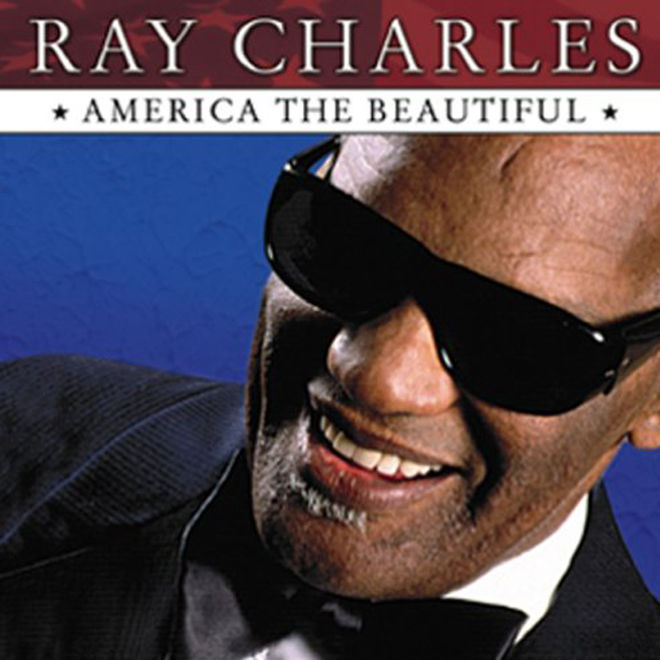Last year as I sat down to compose my annual Independence Day reflections on hopeful realism, I said things were going so disasterously wrong that I ought to be having a “down year,” but my life-changing encounter with Whittaker Chambers buoyed my spirits. Spending the last year with Whittaker Chambers, doing my best to begin composing the eulogy conservatism deserves (a project I’m still working on), has continued to strengthen me, but at the same time I increasingly sympathize – for the first time in my life, really – with people like him and Robert Bork and even, God help me, Alisdair MacIntyre (don’t tell anyone), who foresee doom for western civilization.
I don’t think, as Chambers did in his gloomier moments, that our civilization is doomed. But I increasingly sympathize with those who are naturally drawn to contemplation rather than to rallied to action (as I am) when confronting the prospect of disaster.
This year, for the first time in my life, I marched in a Fourth of July parade. I have commented in the past on how remarkable it is that these parades celebrate the Fourth without interpreting it. The fact that everyone comes out to celebrate is a sign of continuing strength. The fact that no one can stand up and say in public what the Fourth means for fear that 50% of the audience would riot is a critical – potentially fatal – weakness.
One thing I found out is that parades are unambiguously something that the wealthy and comfortable do, whose benefits mostly go to the unwealthy and uncomfortable. I no longer live in a small, semi-rural and demographically homogenous city, which is where I first learned to love parades. I marched in the parade of a medium-sized city (population 100,000) and saw a much more economically and socially diverse population.
As our float was prepping before the parade, down the street from us the local Republican Party float was prepping. Thinking about what I saw on the ten-minute walk from the parking garage to the prep site, I thought to myself, if there are any other Republicans within a mile of this spot, they’re also prepping floats.
I’m enough of an Augustinian/Niebuhrian not to have any illusions that the comfortable people who put on the parade are doing it in order to benefit the uncomfortable people who watch. But then, if they did do it for that reason, the parade would be spoiled. That’s not what a parade is.
I also found out that you get to see people unfiltered when you walk in a parade. Among those who were clearly living in very adverse life situations, you could really tell that some were trying, struggling, and others really were not.
But I discovered two other things. One is that the presence of children, and especially children enjoying things that delight them, still draws adults together across all cultural dividing lines. The other was the looks on the faces of the people when they saw me holding my tiny little flag upright instead of letting it droop to my side like a forgotten prop. I didn’t see many others in the parade doing this, which was discouraging. But when the people watching saw me doing it – people of every type – they recognized what it meant, and they appreciated it.
The potential for renewal is there. It just needs someone brave enough to get up and say what the Fourth means.
It’s also been a bittersweet year that ultimately points to hope for the New Disney. I’m apparently not as much of an Augustinian/Niebuhrian as I ought to be, because I will confess that the revelations about John Lasseter shocked me. I feel guilty for having made a hero of him – although I’m not sure I ought to. Shall we have no heroes because some of them will live long enough to see themselves become the villains?
But here’s the hopeful part – between Coco and Incredibles II, it’s clear the New Disney is going to press on with the redemptive mission even without its founder. If God can use devil worshipers – I mean actual, literal baby-killing devil worshipers – to write a poem (Psalm 29) that he then tranforms into his own holy Word just by having his people cross out “Baal” and write in “Jehovah,” he can save our culture through the works of wicked men, too.
